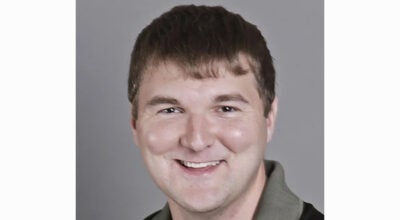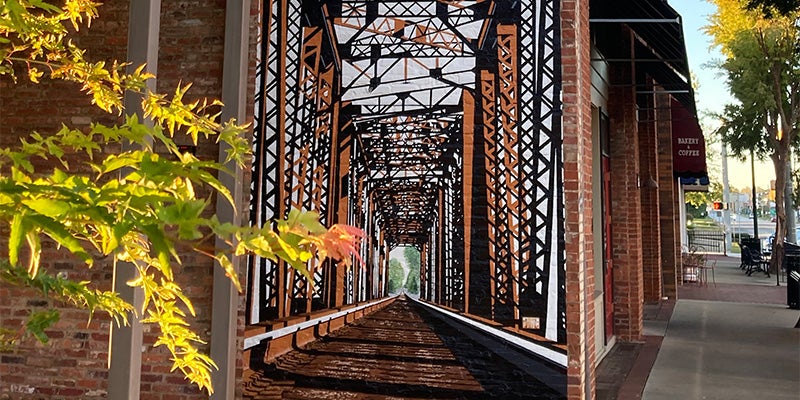Iowa caucus and New Hampshire primary destroying democracy
Published 6:17 pm Friday, February 14, 2020
|
Getting your Trinity Audio player ready...
|
Once again, America has concluded its farce of a system where the voters of Iowa and New Hampshire play such a disproportionate role in selecting our party nominees, while the rest of us sit on the sidelines, as much of a spectator as the crowd at a sporting event, able to yell and pay admission but otherwise have little effect on an outcome. The only question is how long we’re willing to stand for such an unequal practice.
Basically, if you put Iowa and New Hampshire (and lump in South Carolina and Nevada with them, for that matter), they would only decide a whopping four percent of all the delegates. Yet the performance of each candidate in these early primaries can make or break entire careers.
By the time your more populated state gets to pick, you not only have a watered-down menu, but your only choice is to pick whoever Iowa or New Hampshire liked.
It hasn’t escaped the pundits that these first two states lack a lot of diversity prevalent in the rest of the country.
And some think “#OscarsSoWhite.”
It’s odd to watch pundits wonder aloud why Asian, Black and Hispanic candidates didn’t last long again this year.
If you’re from the west side of the Midwest (Bob Dole, Barack Obama, Walter Mondale, George McGovern) or from the New England/New York area (Hillary Clinton, George Bush Sr., Mitt Romney, John Kerry, Michael Dukakis), you’re going to do well.
If not, you need a miracle to survive the first two states.
Is it surprising that Midwesterners Buttigieg and Klobuchar beat expectations, while New Englander Sanders won a state next door?
We’re told Iowa and New Hampshire must go first because … tradition? Well, it’s tradition for a few decades, perhaps.
But there’s nothing that states it must be so in our U.S. Constitution.
If we know anything about America, it’s that we’ve often chose change over keeping bad ideas just because of “tradition,” like slavery and segregation, disenfranchising a variety of voters over race and gender, the Articles of Confederation, state legislatures picking Senators, the 18th Amendment, etc.
We keep hearing how the Electoral College is unfair.
At least we get to vote in it.
With only four percent of the delegates at stake in early primaries and caucuses, it’s really not that much different from the “Smoke-Filled Rooms” picking nominees more than a century ago.
There are solutions, of course. Have one other Midwest state (like Minnesota) and another New England state (like Connecticut), and another Southern state (like Alabama) and another Western state (like California or Idaho) go first, or even a rare mid-Atlantic state, like Pennsylvania, have a say at the beginning. Make it on a rotating basis to bring in other states.
It would get over the Iowa-New Hampshire dictatorship of the first state choice.
A national primary day would be the best solution.
That way, everyone would have some sort of say and stake in the process.
Candidates would go over the country, instead of every micro-burg and hamlet in the Hawkeye State and Granite State. People might pay more attention to the process, the candidates and issues.
Whether you’ve agreed with this argument or not, remember this: I hear many of you complain about the having the same candidates, talking about the same issues, and little changes.
Well, if you have a nominating system frozen in the amber of the old days, what do you expect?



